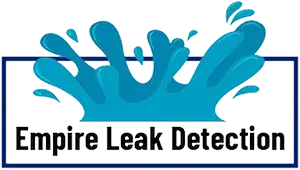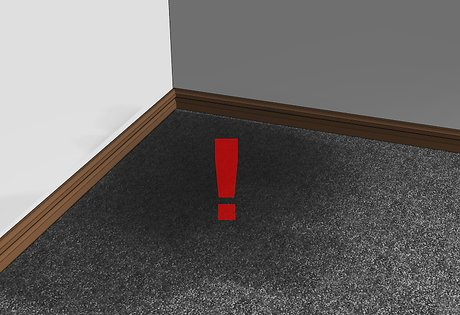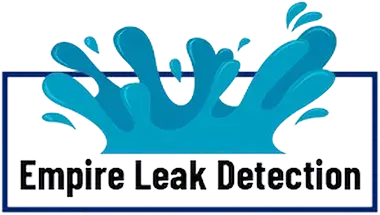Facing the possibility of a slab leak can be a daunting experience for homeowners. The question that often arises is whether DIY slab leak detection methods are effective or if it’s better to seek the expertise of a professional plumber. In this article, we’ll explore the pros and cons of both approaches, helping homeowners make an informed decision when it comes to detecting and addressing potential slab leaks.
DIY Slab Leak Detection Methods:
1. Visual Inspection:
a. Pros: Homeowners can visually inspect their property for signs of slab leaks, such as wet spots, mold, or cracks.
b. Cons: Visual inspection may not uncover hidden leaks, and homeowners may lack the expertise to interpret subtle signs accurately.
2. Water Meter Check:
a. Pros: Monitoring the water meter for unusual fluctuations can indicate a potential leak.
b. Cons: This method may not pinpoint the exact location of the leak, making it challenging to address the issue effectively.
3. Pressure Test:
a. Pros: DIY pressure tests involve shutting off the water supply and monitoring pressure changes to identify potential leaks.
b. Cons: Performing a pressure test without proper knowledge may lead to inaccurate results, and it might not locate small or hidden leaks.
Professional Slab Leak Detection:
1. Advanced Technologies:
a. Pros: Professionals use advanced tools such as electronic leak detection, infrared cameras, and acoustic listening devices to accurately locate slab leaks.
b. Cons: The cost of professional services may be higher than DIY methods, but the accuracy and efficiency can outweigh the initial investment.
2. Expertise and Experience:
a. Pros: Plumbers with experience in slab leak detection can quickly assess the situation, considering factors that DIY methods may overlook.
b. Cons: DIY enthusiasts may lack the necessary skills to interpret findings accurately and may inadvertently cause damage during the detection process.
3. Comprehensive Inspection:
a. Pros: Professionals conduct thorough inspections, ensuring that all potential issues are identified and addressed.
b. Cons: DIY methods may miss hidden leaks, leading to delayed detection and increased damage over time.
While some homeowners may attempt DIY slab leak detection methods, the complexity of these issues often requires the expertise of a professional plumber. DIY approaches may provide initial insights, but they may not offer the accuracy and comprehensive assessment needed to address slab leaks effectively. Calling a professional ensures the use of advanced technologies, experience, and expertise to identify, locate, and resolve slab leaks efficiently. In the long run, the investment in professional services can save homeowners time, money, and the structural integrity of their homes. When it comes to slab leak detection, the wisest choice is often to rely on the skills of a qualified plumbing professional.


